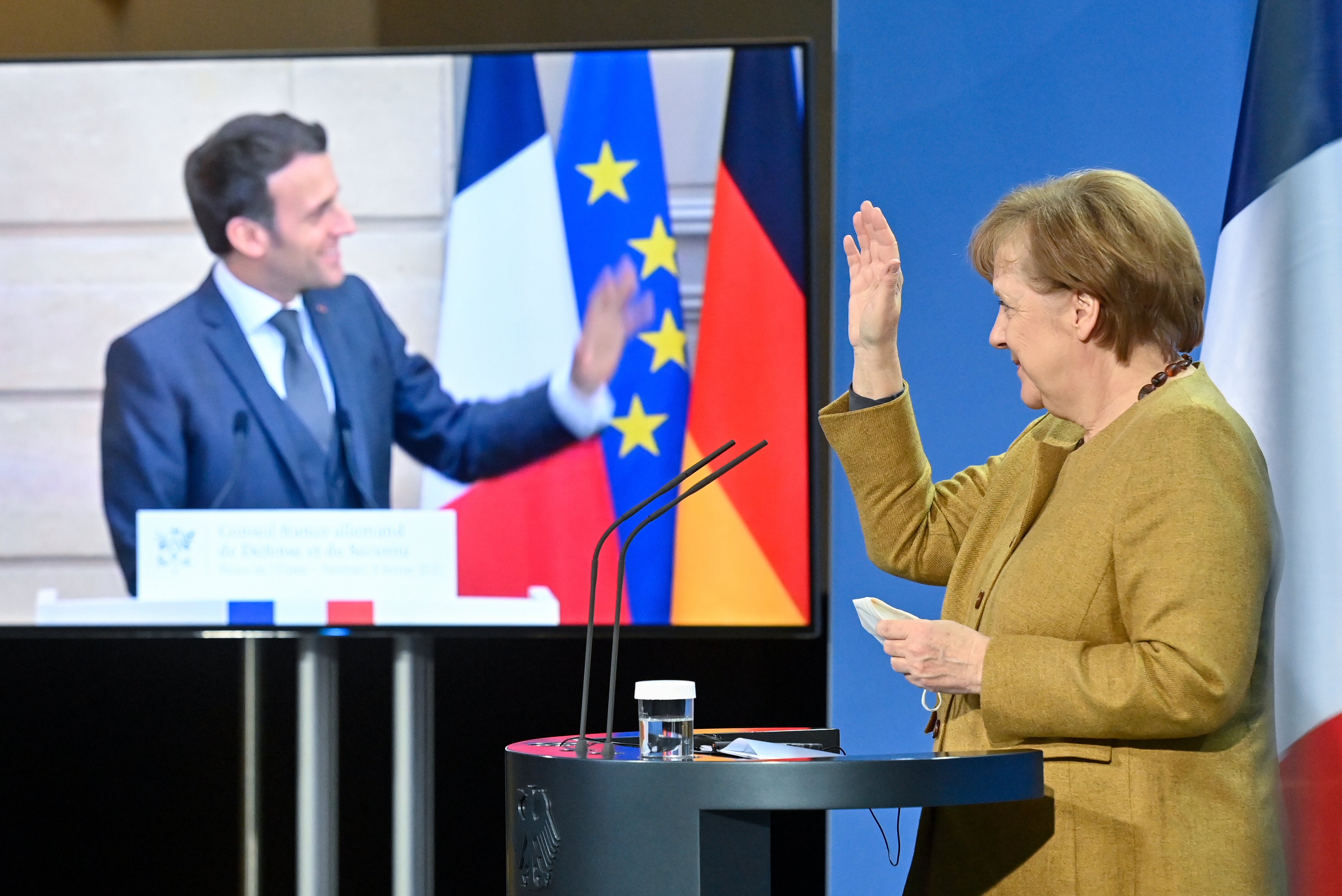Germany's Merkel stands by backing for Russia gas pipeline
German Chancellor Angela Merkel has stood by her backing for a German-Russian gas pipeline project despite the Navalny case and the threat of U.S. sanctions

Your support helps us to tell the story
From reproductive rights to climate change to Big Tech, The Independent is on the ground when the story is developing. Whether it's investigating the financials of Elon Musk's pro-Trump PAC or producing our latest documentary, 'The A Word', which shines a light on the American women fighting for reproductive rights, we know how important it is to parse out the facts from the messaging.
At such a critical moment in US history, we need reporters on the ground. Your donation allows us to keep sending journalists to speak to both sides of the story.
The Independent is trusted by Americans across the entire political spectrum. And unlike many other quality news outlets, we choose not to lock Americans out of our reporting and analysis with paywalls. We believe quality journalism should be available to everyone, paid for by those who can afford it.
Your support makes all the difference.German Chancellor Angela Merkel on Friday stood by her backing for a German-Russian gas pipeline project despite the Navalny case and the threat of U.S. sanctions
Merkel said her government’s position on Nord Stream 2 is still unaffected by tensions over Russian opposition leader Alexei Navalny who recovered in Germany from his poisoning with a nerve agent last summer and was arrested on his return to Russia.
The Nord Stream 2 pipeline, which would bring Russian gas to Germany under the Baltic Sea, also faces bipartisan opposition in the United States.
Washington has said that the project would make Europe more dependent on Russian gas and hurt European energy security. The Kremlin has responded by accusing the U.S. government of trying to promote sales of its own liquefied natural gas.
Nord Stream 2 is owned by Russian state company Gazprom, with investment from several European companies. The project is close to completion, though the threat of U.S. sanctions has caused delays.
Merkel insisted that the European Union is able to ensure that it won’t become “unilaterally dependent” on Russia but pointed to a long history of gas deliveries from Russia and the former Soviet Union.
Merkel has said she wants to talk to the new U.S. administration about the issue but objects to “extraterritorial sanctions.”
Speaking after a videoconference with French President Emmanuel Macron, Merkel downplayed differences on the issue between the two European heavyweights.
“It's clear that this is a controversial project that is being discussed in Europe," she said Friday. “But I think that, with the framework I have named, we can reach common solutions.”
Macron indicated that he at least won't oppose the pipeline project.
"I had questions at the beginning, we coordinated, a decision has been made and I am in full solidarity,” he said.